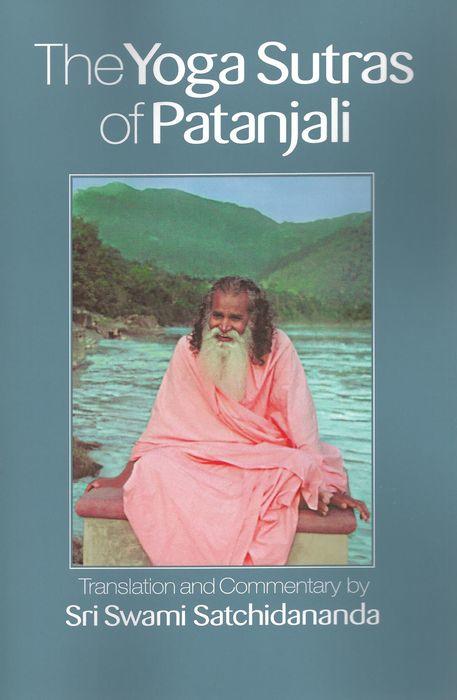Who do you Trust? Who do you learn from?
Summer 2021:
I walked into a bookstore I’d never been in before: Crazy Wisdom Bookstore and Tea Room, in Ann Arbor. I enter and take one step in past the front door and then I was stuck, frozen, unable to move. This huge surge of something around and within. I feel it in my body, in the air, in my energy levels. That familiar pressure in the forehead builds stronger and stronger. There is definitely a message, something like “Pay Attention!” or “Here it is!”. Oh, I’m certainly here and present and paying attention now. I have no idea what this is about, but at least I’ve learned to be comfortable not knowing.
After a moment (a minute? can’t tell) I can move again. I step into the store, and my arms turn open so my palms are facing out. The uneven heat and pressure on my hands works as a guide moving me through the store. Wandering among the books and knick-knacks, first drawn one way and then repelled away in another direction. We turn a corner and the focus quickly arrives at a book on the middle shelf across the room: The Yoga Sutras of Patanjali, translation and commentary by Sri Swami Satchidananda.

I pick up the book with both hands. It feels heavy, warm, tingling. I know what the Yoga Sutras are, I’ve been waiting for them for years. This is the first book I’ve had any interest in for years. So naturally I buy the book and I’ve been studying it since.
I’ve been busy assimilating the lessons of yoga that come in through my daily practices, with little additional capacity or interest in other sources. But this book has captured my daily attention over the past several weeks.
As with the Tao Te Ching, the Yoga Sutras were written about 2000 years ago, as a compilation, condensation and summary of the wisdom of the spiritually inclined people of their times. Along with the Bible, all these ancient texts come with real wisdom and insight into the nature of the mystery and magic of the life experience. But they also come with a significant and unavoidable challenge: How do you know which translations to trust? How can we understand these short cryptic sentences exposing subtle truths beyond words, when translated across vastly different languages and cultures? These books were written in languages and cultures that are far far removed from our current lives. So a trustworthy translator is essential.
How do we find an appropriate and trustworthy translator?
(I left this piece in draft form for a year, ending here. I wasn’t sure of an answer to that question. Do I even know now?)
October 2022:
It’s now been over a year since the story above happened. I still haven’t finished studying this book, instead I keep repeating sections over and over again.
I’ve spent weeks since studying classical yoga texts with Swami Sankarananda, texts from Adi Shankara and the Bhagavad Gita. The swami confirmed the need for me to study these classical texts, starting with the Yoga Sutras I was called to.
So how do I know who to trust? Which teachers, which texts? When the answer appears, the questions disappear, and the knowledge stands unshakeable.
You’ll know it when it happens, without doubt.